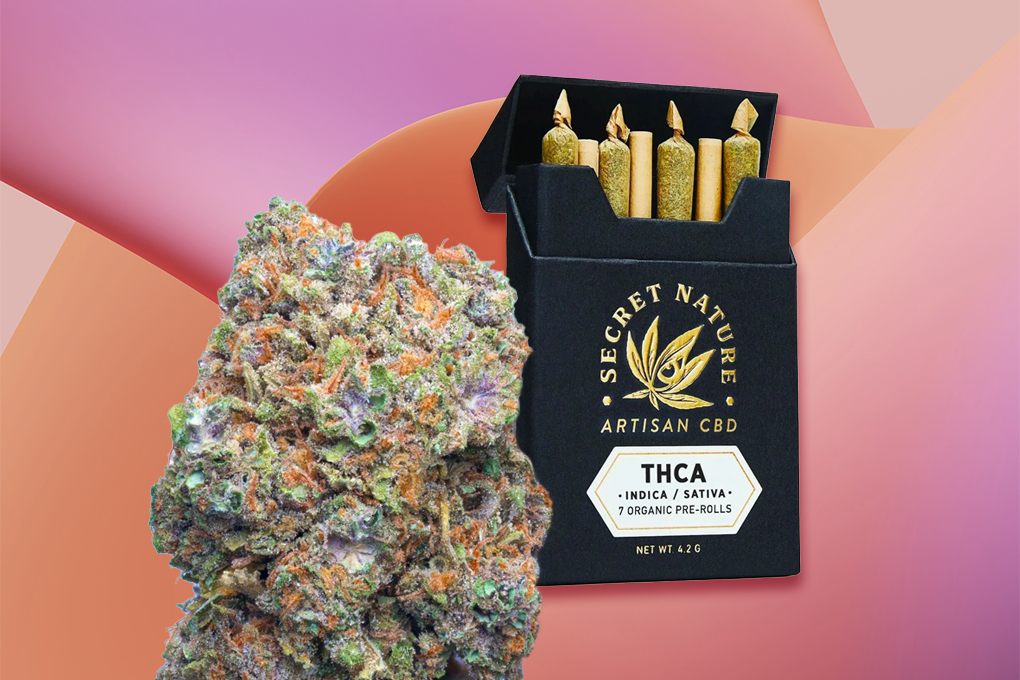CBD, short for cannabidiol, has garnered significant attention in recent years for its potential health benefits across various demographics, including pets. In places like Canada, CBD for dogs is increasingly popular, with pet owners exploring its potential to support their furry friends’ well-being. The demand for CBD for Dogs Canada has risen as more pet owners seek natural remedies to enhance their pets’ quality of life.
Understanding CBD
Cannabidiol is a naturally occurring compound found in the cannabis plant. Unlike its counterpart THC (tetrahydrocannabinol), CBD is non-psychoactive, meaning it doesn’t cause a “high” sensation. This characteristic has led to its widespread adoption for therapeutic purposes, both in humans and animals.
How CBD Works?
CBD interacts with the body’s endocannabinoid system (ECS), a complex network of receptors and neurotransmitters that helps regulate various physiological processes, such as mood, pain sensation, appetite, and immune response. By influencing the ECS, CBD may offer therapeutic effects by promoting homeostasis.

Common Uses of CBD
- Pain Management:
Studies suggest CBD’s potential in alleviating chronic pain by interacting with neurotransmitters and reducing inflammation.
- Anxiety and Stress:
Many users report CBD’s calming effects, which may help manage anxiety disorders and reduce stress levels.
- Sleep Disorders:
CBD’s ability to influence sleep cycles has made it a popular choice for individuals struggling with insomnia or disrupted sleep patterns.
Efficacy and Research
Research into CBD’s efficacy is ongoing, with promising results in several areas. While more clinical trials are needed to establish definitive therapeutic uses, initial findings are encouraging, especially in treating epilepsy and certain forms of childhood epilepsy syndromes.
CBD for Pets, Especially in Canada
In Canada, CBD for dogs has gained traction among pet owners seeking natural alternatives to support their pets’ health. From managing pain associated with aging to reducing anxiety during stressful situations, CBD products formulated for pets are designed with their specific needs in mind.

Potential Side Effects
While generally well-tolerated, CBD may cause side effects such as dry mouth, drowsiness, or changes in appetite. It’s essential to consult with a veterinarian or healthcare provider before starting CBD, especially for pets or individuals taking other medications.
Legal Considerations
The legal status of CBD varies worldwide. In Canada, CBD derived from hemp containing less than 0.3% THC is legal for both human and animal consumption. However, regulations can differ by province, so it’s crucial to understand local laws and guidelines.
Conclusion
CBD’s popularity continues to grow, driven by anecdotal evidence and preliminary research supporting its potential therapeutic benefits. Whether considering CBD for personal use or exploring options for your pets, understanding its uses, efficacy, and legal considerations is key to making informed decisions about incorporating CBD into your wellness regimen.

